Poor college students: in the predicament they face, lack of money is only the first hurdle
Reporter | Li Xiuli
Editor|Wang Haiyan
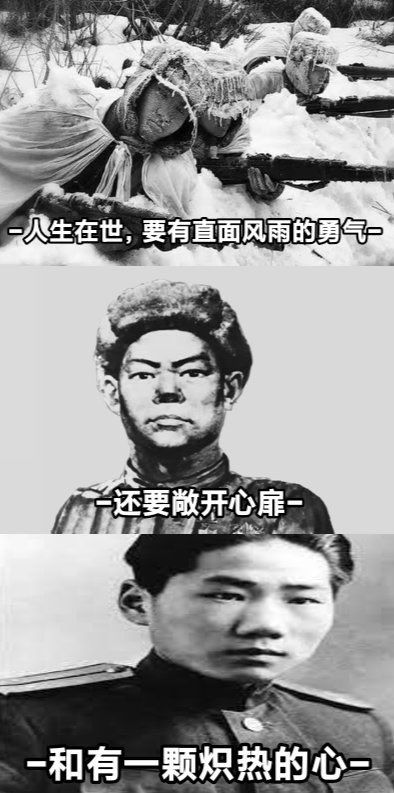
Poor student label
Zhou Zheng still remembers the first time he was scrutinized naked. It was 2012, and just after entering the university, Zhou Zheng, as the interim person in charge of the class bursary program, was responsible for reviewing the identification materials submitted by the poor students in the class. In a classroom, a senior from the student union explained to him the criteria for identifying materials: first, no smartphone; second, no laptop; third, "look like a poor student."
Zhou Zheng ran out of the classroom without listening to Senior Sister, and stood on the school lawn and cried. He said that as a "poor student", he "was very fat at the time, weighing more than 200 pounds, which really did not fit the image of a poor student in a stereotype. Coupled with the inner sensitivity, when I heard the third point, I felt like she was on pins and needles. Are you targeting me?"
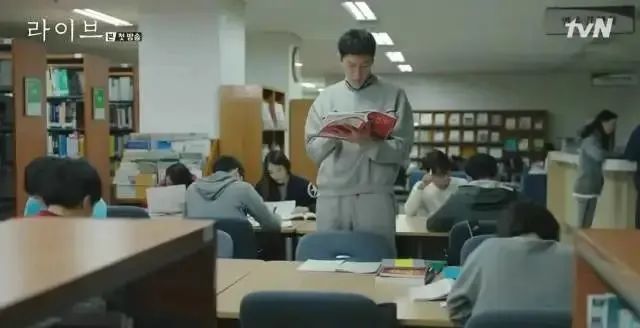
"Live" stills
This is the first time that Zhou Zheng has been stung by the label of "poor student". Zhou Zheng is from a small town in Shandong, and his parents were laid off together when he was in the fourth and fifth grades. After that, my parents continued to work in the privately contracted factory, and my father paid 800 yuan per month. Mom works 12 hours a day, 600 yuan a month. When he was in college, Zhou Zheng's family of three were still huddled in a small house of 40 square meters. After enrolling in school, he used the national student loan to solve the tuition problem, and also submitted an application for the national student grant, hoping to help his family reduce the burden.
Zhang Xin is a teacher at a primary school in Hubei, and works in the school's college student funding center. On the morning of the phone interview, she was receiving the state funding policy leaflet issued by the province. "The leaflet will be sent to freshmen along with the admission letter."
Zhang Xin said that the existing financial aid system for college students in China is roughly divided into three parts: the state, the school and the society. In addition to student loans, the school where you are located, the national grants can subsidize about 6,000 students each year, accounting for a quarter of the total number of undergraduates, and the per capita subsidy amount is 3,300 yuan. The National Inspirational Scholarship has higher requirements for performance and a higher amount, with an average of 5,000 yuan per person and about 800 places.
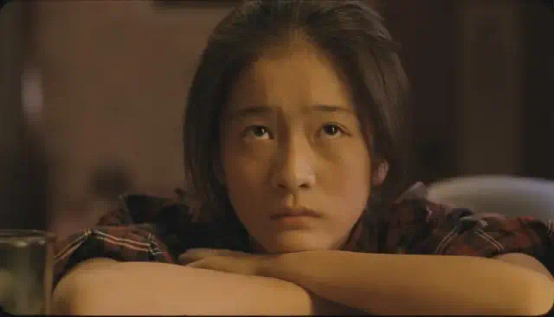
"Dog Thirteen" stills
Zhang Xin has worked in this university for more than ten years, from counselor to head of the funding center. In her impression, children from rural areas account for more than 60% of the funded group. Among all the students receiving financial assistance, the poverty alleviation objects included in the list of the civil affairs system account for about 25%-30%, which is also the focus of state funding; the remaining students need to apply by themselves, and when applying, they need to be identified as "poor student".
Another poor student, Xiao Jing, told this reporter that when he was admitted to a college in 2016, the class committee called the students who applied for financial aid in the entire department to one classroom, and the roommates in each dormitory represented and tutored. Witnessed by members of the staff, everyone took turns to state their family situation.
Xiaojing comes from a rural family in the north. In a family of six, only his father can work, while his mother and uncle are unable to work due to illness. There is also a grandfather in his 80s and a younger brother who suffers from amblyopia. Xiaojing didn't feel good when he said this in front of everyone.

"Tomorrow will be fine" stills
Although Xiaojing graduated from this school as early as 2019, he later went to an undergraduate university to continue his studies through promotion. But to this day, looking back on this experience, she still has a fresh memory. "After this incident, in the process of getting along with my classmates, I set up some obstacles in my inner self, and it is difficult to feel comfortable." She said that the reason why she accepted this In the interview, I also hope to "liberate myself" while helping others.
differentiated treatment

Zhang Xin has worked in the school for 10 years, and has witnessed the changes in the work standards of the group evaluation in the economic identification of poor students' families. "In the beginning, students were required to apply by themselves and read out their application forms in the class. Later, the read-out link was cancelled, and students were only required to write a family description and have the township or village-level organization in the place of household registration seal it. Later, when it was found that some villages and towns deliberately did not stamp students’ seals, the stamping session was canceled, and instead the group members reviewed according to the actual situation.
The group review is generally composed of counselors, class cadres, party members and other students. The original intention is to allow other students in the class to judge whether they are really "poor" through the application of the student's certification materials and daily consumption. This method is to ensure the fairness of the selection results. Although it has evolved several times later and paid more and more attention to the dignity and privacy of students, it is still inevitable that the identity of "poor students" will be made public or semi-public in the circle of classmates.
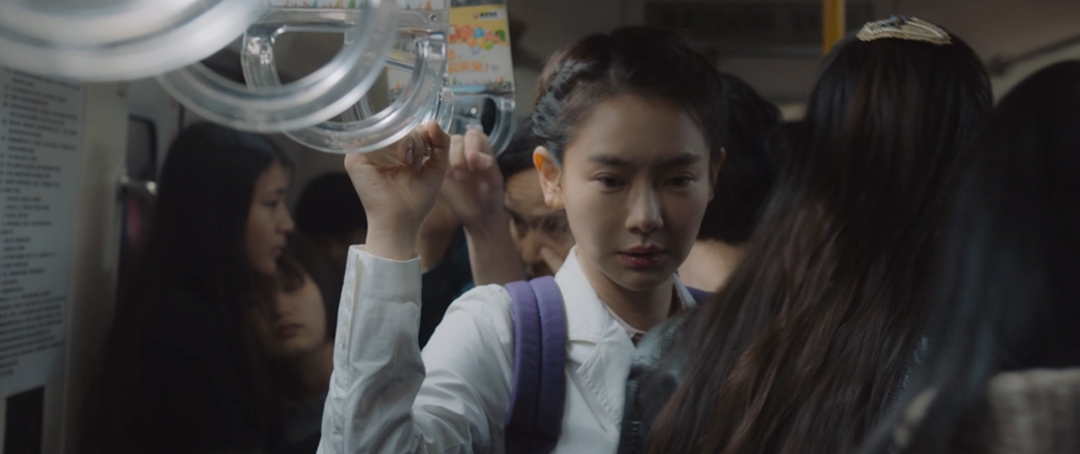
"Beijing Women's Guide" stills
Bearing the label of "poor student" means facing invisible supervision from those around him at any time. Kusano, a college student, saw that a boy in the class who received funding was reported after buying an iPhone. In the end, the boy took out the purchase record and proved that it was only a 3,000 yuan second-hand mobile phone before the matter was over, but the boy was "very hurt" because of it.
Xiaojing also said that when he first got the bursary, he realized that it was money given by the state. While full of power, he felt that he "should restrain himself." I was suppressed by myself for the first time, because it seemed "should not".
It is precisely because they cannot bear the differentiated treatment brought about by the status of "poor students" that some students will voluntarily choose to give up applying for financial aid. When she was a counselor, Zhang Xin met a girl who was very tall and had long hair. She usually paid attention to dressing up. "At first glance, I could never have imagined that her family's conditions were relatively difficult." This girl took the initiative to find Zhang Xin, saying that her father was working in Shenzhen, and the family was not rich. Her parents lived frugally and kept the best things for herself. She also mentioned that the classmates in the dormitory could help her family. Testimony of the situation. She hopes to apply for a bursary from the school, but at the same time ask the teacher to help keep it secret and not let anyone know.

Stills of "Twenty Do Not Confused"
Zhang Xin assured her that she would not take the initiative to say, "But if it is rated, the list must be publicized. If other students have doubts, the school must respond and explain. For example, Maslow's hierarchy of needs theory, we must first satisfy your needs. Food and clothing can take into account your dignity. Once you face doubts, you cannot take care of the two, and your need for dignity must be put back." After explaining, the student never came to Zhang Xin again.
Zhang Xin said that the most thorny problem when he is doing college student funding is that he always has to deal with reports from other students, especially the high consumption of the funded recipients. "This work does require oversight. From this perspective, once someone reports a report, we must respond. But in my experience, except in very rare cases, these grantees who seem to have high spending must be very economical in other ways. , most of them have part-time jobs.”
invisible wall
week
Nini comes from a poverty alleviation village in southern China, and her family of three depend on each other. But her father is 64 years old. After suffering a stroke due to high blood pressure a few years ago, he suffered from leg problems and could only do simple farm work at home, earning only a few thousand yuan a year.
As a standard "underprivileged student", Nini once gave up the opportunity of high school in the provincial capital, and was lucky enough to study all the way to 985 University from the primary and secondary schools in the township. When she entered school in 2019, her tuition fee was the full amount of the national student loan she applied for with the help of poverty alleviation helpers. In addition, she also applies for 5,000-6,000 yuan of scholarships from the school every year, including 4,000 yuan of state grants and 1,000-2,000 yuan of work-study income. The school distributes state bursaries in two semesters at 45% and 55%, which has become her main source of income for college life.
Nini said that in school, there is no way to socialize normally with the school's stipend alone. "I go out to play once, and I have to think twice about eating KFC." But in college, not participating in normal social life means using An invisible wall separates oneself from everyone else.
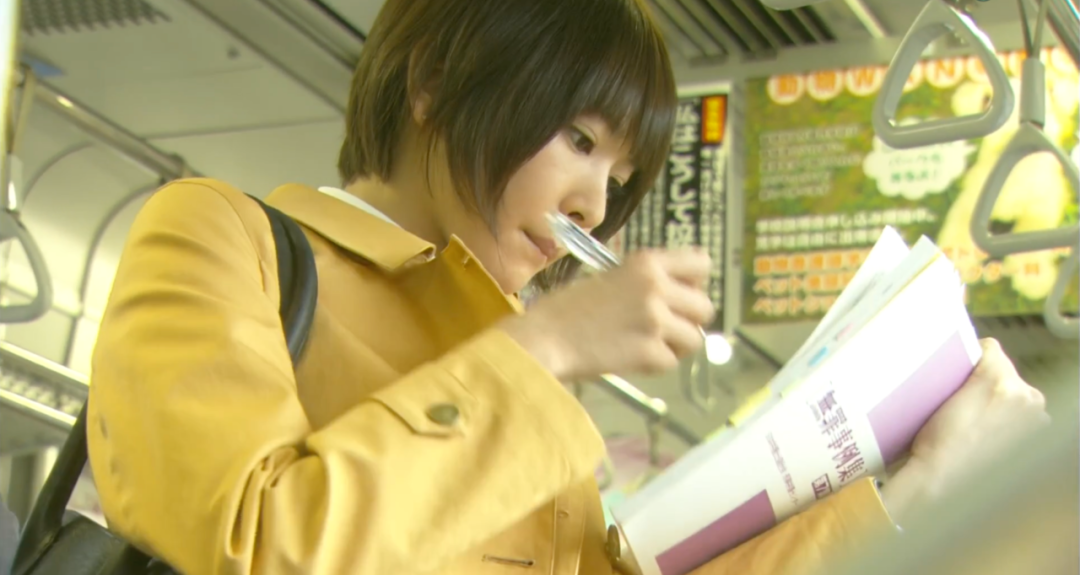
"Victor is Justice" stills
Ms. Yao is a former project officer of Shaoguan Rural Revitalization Public Welfare Foundation. Under the leadership of her mentor, she participated in a scholarship program for poor college students when she was in college, and she became the project leader after graduation. She told this reporter that when she was in contact with some students from poor families, she found that they were not very embarrassed from the outside, and they also permed their hair and wore good shoes, "just like an ordinary college student." However, through data verification and home visits, she will find that the family situation of these students is as shown in the data, and there is no false report.
With doubts, she went to communicate with the executives of the non-profit organization and the teachers of the school. The other party told her that behind this consumption behavior is a way for poor students to cope with the pressure of their peers. In this way, she can ensure that she is not excluded. outside the student circle.
Kusano still remembers a trivial incident. It was 2017, and I was still in college. At that time, a little milk tea was very popular. Kusano's roommates bought and drank it every day, but for Kusano, the price of nearly 20 yuan a cup was too expensive. "But if you don't buy it. , and I feel that it is a little difficult to integrate into this circle." Not only that, roommates must also send gifts to each other on their birthdays. "I gave a gift that cost over 100 yuan, and my roommates said it was too cheap. , which made me very overwhelmed.”
Xiaojing had a similar experience. There are many students from wealthy families in the vocational school she is studying in. Usually, everyone likes to go shopping and eat together. Xiaojing is neither interested nor willing to waste money, so she often avoids it by going to the library. Because he spends most of his time reading in the library, and he doesn't like to dress up and socialize, Xiaojing is alienated from his classmates. Fortunately, through the work-study program, I met a group of like-minded friends.
In order not to look out of place, poor students have to put in more effort, either by living frugally or by working part-time to maintain expenses. At the beginning of the second semester of her sophomore year, Nini found a part-time job outside the school at the recommendation of a senior, "I define part-time money as money that I can spend as I want, and it allows me to have a normal social life. ." The job content is to go to the off-campus teaching and training institution from 7:00-11:00 every night to guide 8-15 students with their homework.
The process of self-reliance made Nini realize the hardships that are different from other children of the same age. During that time, she tasted all kinds of convenience foods. Once, in the training institution, half an hour before the end of get out of class, Nini suddenly started to have a fever and had a stomachache. In order to save some taxi fares, she stayed until 11 o'clock in the evening, and then went back to school together after the classmates who shared the car had finished class. . After returning to the dormitory, the pharmacy was closed, and Nini borrowed the medicine from her classmates in the next dormitory, and only then saw the improvement.
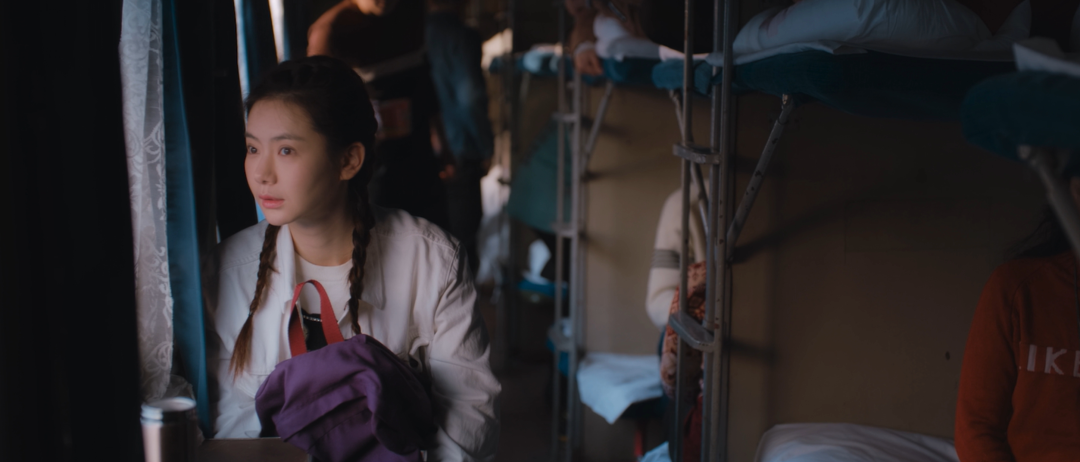
At the peak, Nini could get a monthly salary of 3,000 yuan, which was considered a good income. Although I only have one day off every month, it is a wonderful feeling to make money. During that time, if there is a May Day or November holiday, you don’t have to go to school or work. Nini will go out to play with her friends. "This is the most prosperous period of my life when I've grown up."
But the "good days" didn't last long. Since the burden reduction policy this year, the education and training industry has faced a devastating blow, and Nini's institution has also dismissed part-time employees. Almost at the same time, a large-scale epidemic suddenly occurred in the province where the school is located, and the school began to be closed. Because she was worried that her little savings would not be able to support the next semester, Nini carefully controlled her various expenses within a certain limit during this time, hoping to make it through to the next semester when the bursary was issued.

Stills of "Twenty Do Not Confused"
At times like this, she couldn't help but think, "Why do other classmates have a good family that can support their studies, entertainment, and love?" And her own family couldn't provide any resources. support. "I know my dad loves me a lot, but I still have a strong sense of the gap."
sense of drop
The sense of gap is something that poor students have to learn to accept, and it is always awakened at some inadvertent moments. There are four people in Nini's dormitory. In her junior year, when the roommates talked easily about studying abroad, IELTS, etc. after graduation, Nini felt that she was not in the same world with them, "I can't even pay for IELTS easily. The cost of the exam.” Once, when I went to a classmate’s house for dinner, and talked about being part-time in a tutoring agency, the other’s parents said casually, “If I knew earlier that you wanted to do tutoring, let’s just open a class and let you work one-on-one with you. students." She said it made her realize how much a family can do for a person.
In college, Nini came into contact with the French sociologist Bourdieu's "cultural capital" theory, describing the importance of cultural capital such as musical taste, painting aesthetics, dietary preferences, upbringing, and knowledge to a person's social status. According to Bourdieu, the family is one of the most important fields for the production of cultural capital. After learning this theory, Nini began to observe the classmates around her intentionally, "You will really have a very wonderful discovery. For example, I have a few classmates who love classical music, and they are all middle-class and above without exception. Children of the family." Nini also tried to cultivate these hobbies deliberately, listening to classical music, appreciating oil paintings, and learning about fashion, hoping to make herself look more in line with the upper class. "I know it's sad, it means the loss of individuality, but I can't say anything like 'all hobbies are equal' because they are inherently unequal."
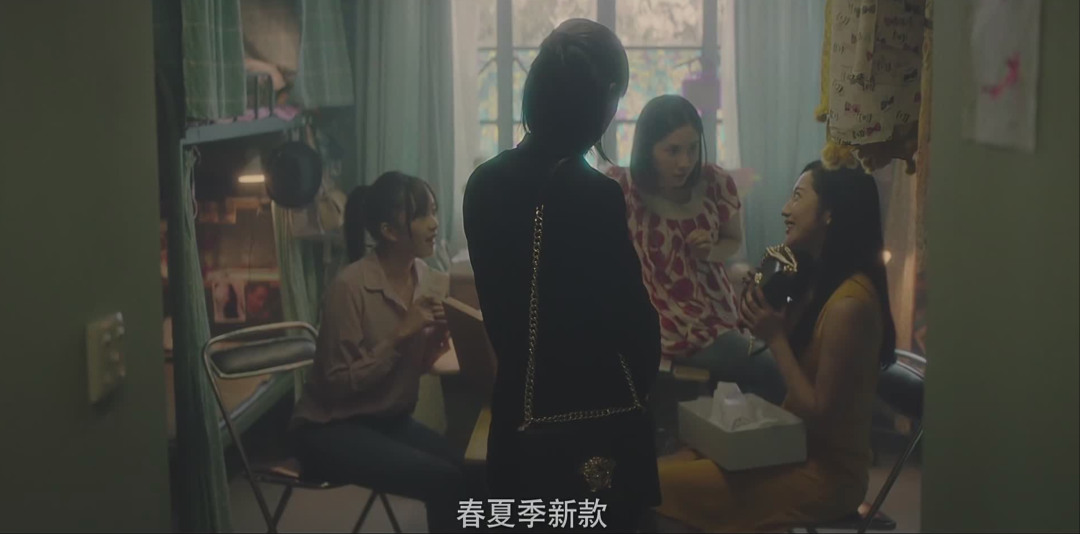
"Shanghai Women's Guide" stills
Zhou Zheng also tried to get rid of the stereotyped image of a poor student. During his undergraduate days, he liked rock and roll and dreamed of becoming an independent musician. He also spent more than 1,000 yuan to buy a second-hand piano from a classmate. When he returned home, he was greeted by his mother's scolding, saying that the children of his colleagues no longer asked for money from the family, and accused Zhou Zheng, "The situation at home is already like this, why should I buy a piano?"
What my mother said about "the situation at home" refers to the old shanty town where Zhou Zheng's house was located. At that time, it was facing demolition and renovation. The government subsidized most of the new houses, but the demolition households had to subsidize 100,000-150,000 to get the house. This is a huge sum of money for Zhou Zhengjia. A mother who is worried about money suffers from depression. Dad began to plan his life for Zhou Zheng. In the end, Zhou Zheng did not follow his father's wishes to take the civil service exam, but chose the path of studying for graduate school, which is both interesting and "safe", and the idea of "not doing a proper job" to engage in music was abandoned.
Nini is a junior this year, and is also preparing for the postgraduate entrance examination. She has also won the support of her father, but the voices from the people around her make her breathless, "Every time I go back to my hometown, they always say, you are so old and still studying? You should go and earn money. Raising a family. To them, it seems like reading is a sin."
Inadequate support system
One of Zhang Xin's obvious feelings after working in student financial aid for many years is that , in addition to economic problems, there are also a whole set of systemic problems that accompany poor students, "Because the number of poor students is relatively large, in our eyes, their individual differences are greater than As a group of poor students, but as far as our actual work is concerned, a child who grows up in a poor family rarely has everything except no money. It is often accompanied by a family with problems, such as Divorced parents, lack of care within the family, domestic violence, etc. Children who grow up in such an environment may be more prone to other chain problems, such as low self-esteem, sensitivity, inability to deal with interpersonal relationships, etc. These problems It can’t be solved by sending money.” Zhang Xin said, but the current domestic support system for college students is still mainly based on sending money, and the form is single.
Experts from the public welfare foundation where Ms. Yao works have also conducted research and found that for poor students, in addition to money problems, there are other problems caused by poverty, such as limited resources, a sense of gap, and frustration in self-confidence. However, this problem is often ignored or avoided by society because it is time-consuming and labor-intensive to solve. Therefore, in 2017, when her public welfare foundation launched the "He's Scholarship Project", a support project for college students from five normal colleges and universities in the west, in addition to giving each person 3,000 yuan per year, it also provided ability training and community building. support.
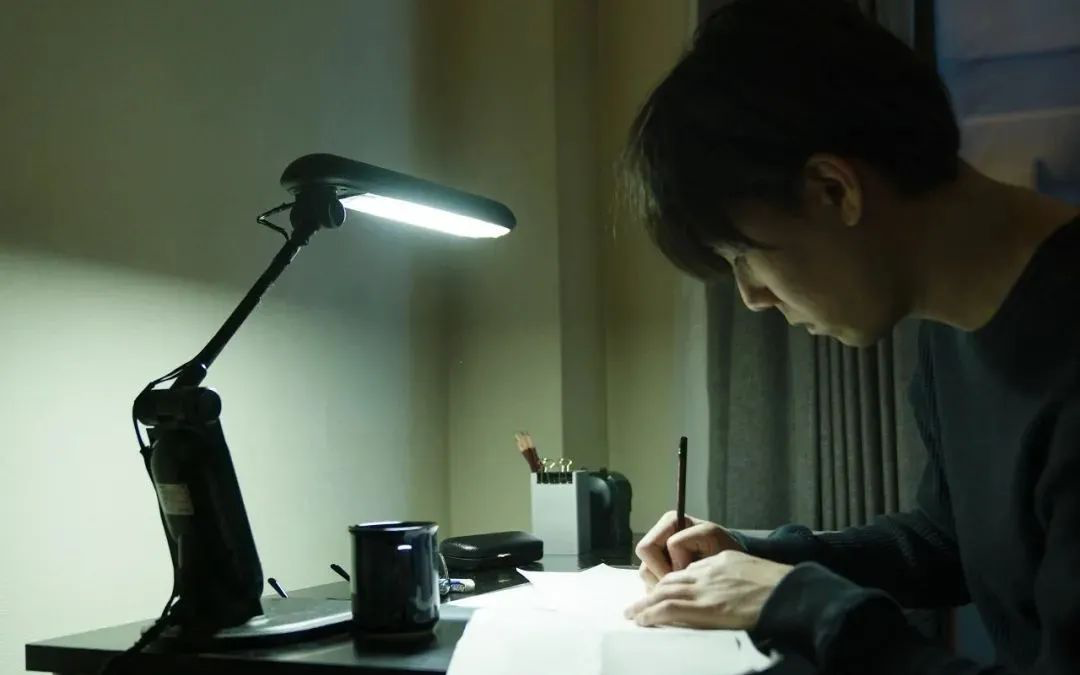
"Million Yen Women" stills
Capacity building refers to the ability training of assisted students, such as interview skills, leadership training, how to communicate with others, etc. Community building refers to guiding students to establish their own alumni associations, and then authorizing the students who won the scholarship in the previous session, As a peer mentor, share your experience with the next class of students. "This is very important for poor students, because only poor students can better understand what the plight of poor students is?" The social public account "He's Scholarship", which was established by the foundation to help students, recorded the students' participation in teaching support, summer camps, Sharing the experience of taking the teaching fund and organizing a round-table discussion on "how to think about the reluctance of college students to return to their hometown to work" and other activities, some students shared that after joining the club, they went from "being timid about everything" to "becoming more confident".
Zhang Xin also often encourages students around him to participate in the school's work-study programs, such as working as a student assistant in the teacher's office, "Although the income is not much, maybe only four or five hundred yuan a month, but you can 'catch' students to the teacher, Allowing them to build self-confidence and gain recognition in their relationships with others is actually a very effective way to help poor students.” Zhang Xin said, just relying on the strength of the school, the number of students that can be covered is still a small number.

In 2020, due to changes in the willingness of enterprises to fund and adjust the work of the foundation, the "He's Scholarship Program" will cease to operate. "For these poor college students, the channels for them to seek help are actually very scarce." Miss Yao said. Most of the time, students end up getting out of the predicament on their own.
Zhou Zheng later learned to understand the world around him from a dimension other than money through reading. After graduating from graduate school, Zhou Zheng entered a 985 college majoring in ancient literature for a Ph.D. He became calm and calm, "I now feel that, in fact, people can live any way they want, and they don't have to live according to the model of the people around them."

Like my work? Don't forget to support and clap, let me know that you are with me on the road of creation. Keep this enthusiasm together!

- Author
- More